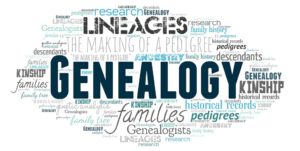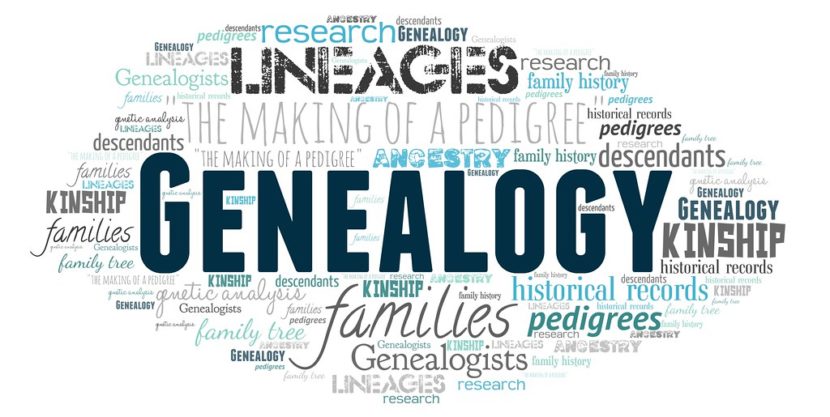Our past has a vital role in our present. Who we are today partial, big or small, is the work of call our ancestors. In light of this, the genealogy study was born. Genealogists understand the importance of looking at the past to study the roots of our existence, and to know the people who form the links of a long chain of ancestors that closes that gap in time until the present and the most recent of all: You and me.

Although studying genealogy has many personal and professional benefits alike, genealogy t enthusiasts should keep in mind that taking over the genealogy project is becoming popular these days because it’s fun and exciting, too. In addition to the many things you will discover about your past and your ancestors, immersing yourself in genealogical research will also give you a great understanding in light of the things that have happened and the people who have lived in front of you in the past.
For you to complete a genealogist research, it is not enough to show passion and enthusiasm for the project. You also need dedication and commitment, as well as the right tools to make your genealogical research a valuable effort.
Here are the primary tools you to need to use to start your search to build your family tree:
Oral Speech: Stories, primarily if they are narrated in person, are a powerful tool for obtaining a large amount of information and are therefore one of the most simple and necessary steps that genealogists take to collect information. In official lineage terms, this is called oral history.
Oral history can be documented through personal interviews. However, if this is not possible, interviews can also be conducted through other means, such as by phone or regular mail or email messages. It is recommended to prepare a set of questions before the interview to avoid repeating it and also to ensure that the interviewee has addressed all the details they need and want.
DNA: deoxyribonucleic acid or a DNA test is a method used to determine the relationship between people by establishing genetic connections. This medical technology has been around for a while and has been used by the genealogy community as well as for its reliable data.
There are two types of DNA tests. The first is the Y-line test. This test is beneficial for you as a genealogist. The relationship is established through the use of the Y chromosome that is only present in men and is transmitted from parents to children. Another test is the mtDNA or mitochondrial DNA test. This is used to determine if the individuals are of the same ancestry as the mother.
There are software packages out there too that can aid in putting all your information together. One such software is Ancestral Quest , but there are others like the ones listed on AmericanAncestors.org . I’m nowhere near documenting a whole family tree (except my immediate family for a generation or two, but as I dig deeper, one or more of these programs will definitely help.
